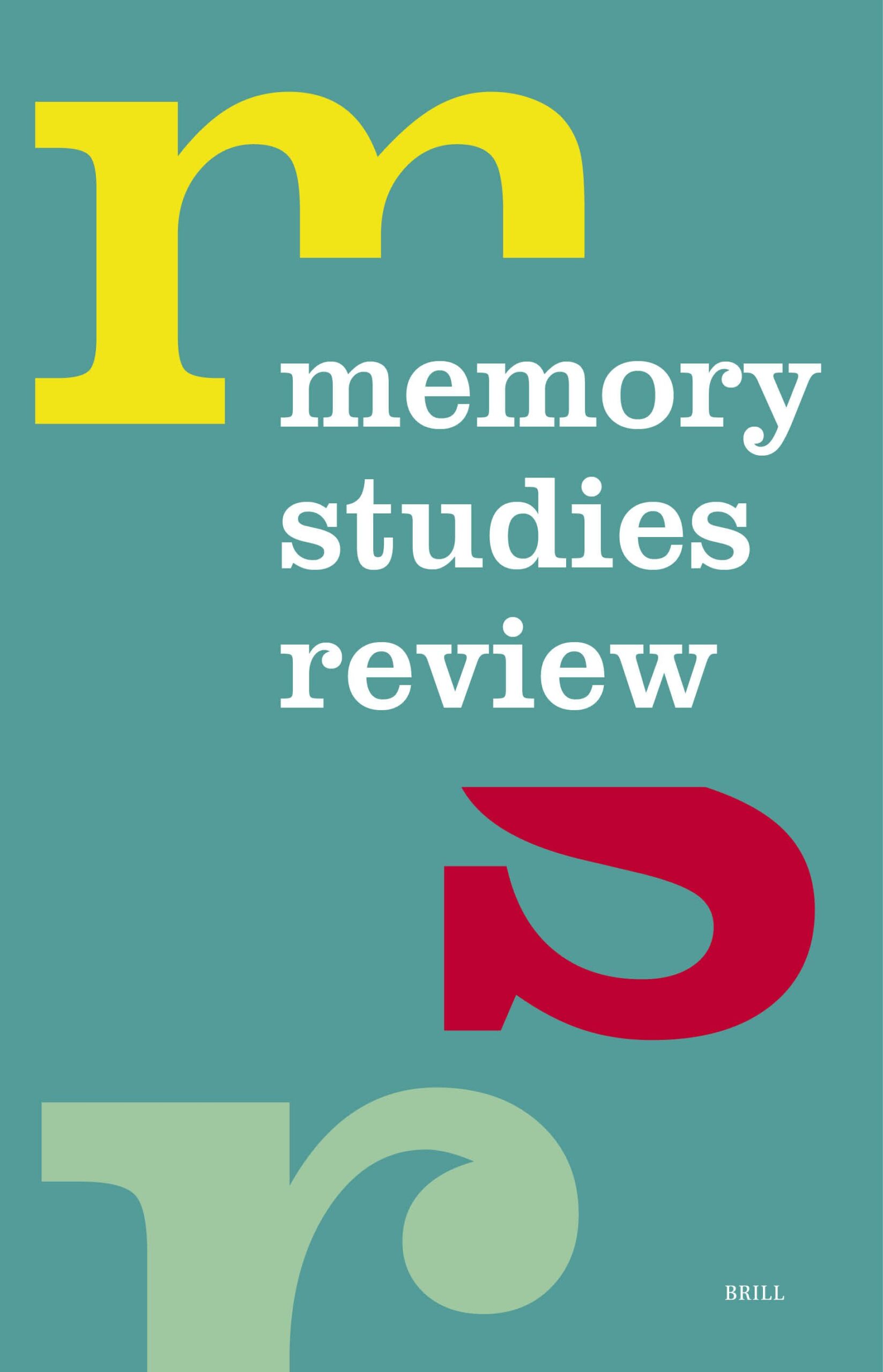Climate Witnessing
Call for Papers for a Special Issue of Memory Studies Review on “Climate Witnessing”
Guest-editors: Stef Craps (Ghent University), Rick Crownshaw (Goldsmiths, University of London), and Rebecca Dolgoy (Ingenium – Canada’s Museums of Science and Innovation)
The scale, complexity, and urgency of the global ecological crisis challenge the human capacity to grasp it, particularly within the context of daily life. Mass extinction, climate catastrophe, rampant pollution – concepts and phenomena that should not be understood as acceptable – have become “normal.” In its so-called fourth wave, memory studies has begun to remember the causes and effects of these characteristics of our new geological epoch, the Anthropocene – defined by the ascendant primacy of the human species in shaping the planet.
In confronting the Anthropocene, emergent scholarship and theoretically informed cultural practice (in the visual and plastic arts and museum exhibition curation) have drawn on memory studies’ existing repertoire of concepts of witnessing – given the ways witnessing has been theorized in relation to the complexity, extremity, and scale of events that defy representation. This special issue of Memory Studies Review explores how this normal abnormal of the Anthropocene might be witnessed in meaningful and transformative ways: to relate experience and observation to representation, knowledge, remembrance, and social action. More specifically, this issue asks how the climate crisis is or could be witnessed.
One of the challenges in developing the idea of climate witnessing is to acknowledge and decentre the human perspective. Witnessing is a human action, but in the climate crisis, what is witnessed is the interaction of the human and the nonhuman or more-than-human. The witness is not a discrete figure, transcendent of the surrounding environment, but instead immersed in and entangled with it. In turn, the representation, production, and circulation of what is witnessed are mediated by nonhuman and more-than-human things, processes, and forces, and, therefore, actants, as much as by human agency. It might be more accurate to speak of the witnessing of ecology and the ecology of witnessing.
Another way of putting this is to ask, what is being witnessed? Which agencies and actants? Just as there is not necessarily a discrete, bounded witness, so the events of the climate crisis are not contained but rather continually emerging. Actants (human, nonhuman, and more-than-human) interact – or, rather, intra-act with and mutually reconstitute each other – as they assemble with critical mass and force to become eventful and set in motion the making of other potential assemblages and repercussive chains of events. Or, put more generally, human perturbations of the environment set in motion complex causalities, feedback loops, and systemic changes.
Environmental change may be sudden, irruptive, and catastrophic but long in the making, as in the cumulative build-up and afterlife of atmospheric carbon dioxide and its climatic repercussions. Or change may remain undramatic, prolonged, imperceptible, and measured over multiple acts of witnessing or life spans of witnesses. What, then, of the temporality of witnessing? How can “events” be witnessed that might unfold over time scales beyond the typical duration of human acts of witnessing? How might memory studies be calibrated to conceptualize and theorize slow witnessing?
If climate witnessing is environmentally mediated, how should it incorporate or assemble the nonhuman and more-than-human as prosthetic or proxy witnesses? Nonhuman and more-than-human entities might serve evidentiary functions, marked by and registering climatic events, but to what extent can they be described as actual witnesses (as some ecocriticism might suggest)? The same questions apply to the synthetic (e.g. technological artefacts and infrastructures).
Of course, memory studies has a long history of analysing and theorizing the ways that objects, artefacts, and texts in cultural circulation mediate acts of witnessing and provoke remembrance in their capacities as material traces and representations of the past. However, to what extent are textual representations of climate change and institutional frameworks and elaborations of climate-related objects and artefacts calibrated and configured to the complexities of climate witnessing? How have archives, museums, and texts that are not intentionally climate-related become relevant as records of the climate catastrophe?
Finally, in memory studies, witnessing is often associated with juridical processes or confronting and addressing past and ongoing injustices. What happens to the ethics of witnessing when the witness to the climate crisis may well be implicated in the energy regimes responsible for climatic change?
We raise these questions by way of laying out some conceptual groundwork and some of the challenges to be considered for this special issue on climate witnessing. Our aim with this issue is to raise, address, and possibly untangle some of the challenges that emerge when one extends traditionally anthropocentric categories of witnessing to the nonhuman or more-than-human world. We also aim to elaborate a theory and practice of active, polyvocal, and inclusive climate witnessing that will function as one way that memory studies as a field can contribute to both academic and public discourses relating to the climate crisis.
We will gather articles from academics and practitioners (e.g. artists and curators) on topics ranging from elaborating the idea of climate witnessing to rich and diverse case studies. We also propose to develop a “climate witnessing collection” of artefacts, artworks, and objects that will be represented in the issue through images and brief captions. These can either be interspersed throughout the issue or appear in a standalone section.
Contributors may want to consider (but should not be limited to) the following themes:
- Climate witnessing and slow memory
- Climate witnessing and ecological grief
- Climate witnessing and ecocide
- Climate witnessing and climate trauma
- Climate witnessing and new materialism and/or posthumanism
- Climate witnessing and postmemory
- Climate witnessing and museum practice
- Climate witnessing and the archive
We invite 400-word abstracts on the topic of climate witnessing plus 200-word contributor bios, which should be sent as a single Word document to stef.craps@ugent.be, r.crownshaw@gold.ac.uk, and rdolgoy@ingeniumcanada.org by 15 January 2024. By 15 February 2024 selected contributors will be invited to submit a 6000-word essay or practice-based work, with a submission deadline of 1 June 2024. Publication of the special issue is scheduled for 2025.

